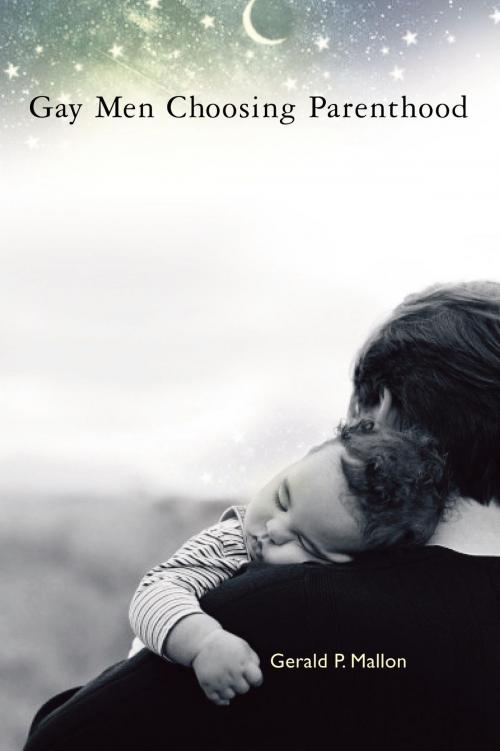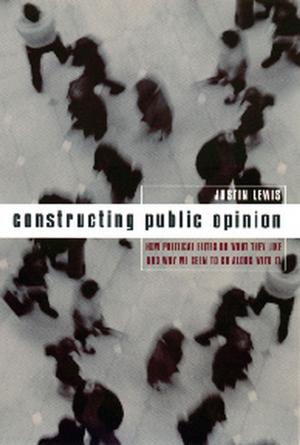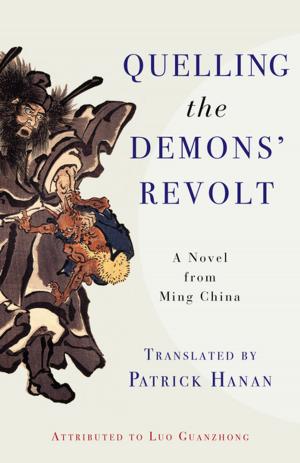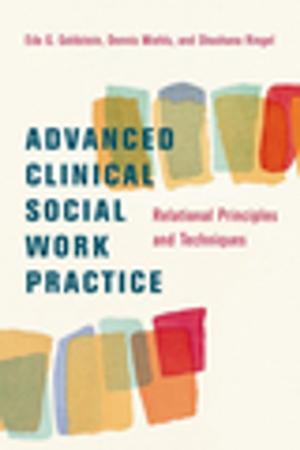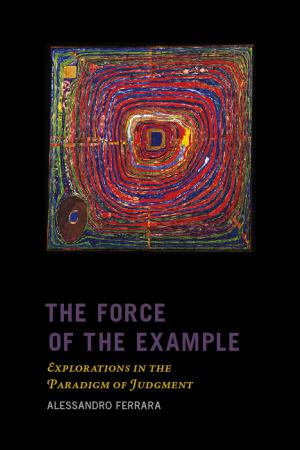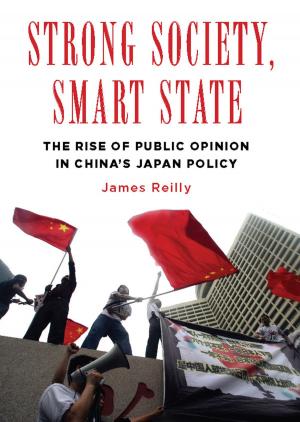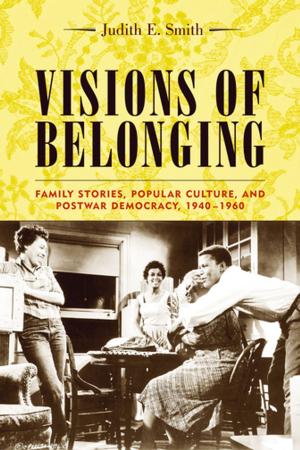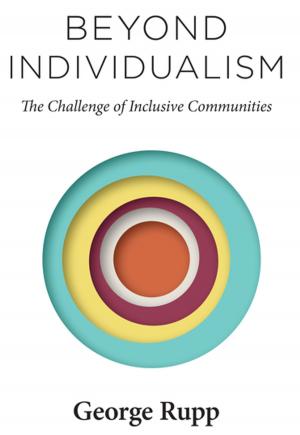Gay Men Choosing Parenthood
Nonfiction, Social & Cultural Studies, Social Science, Social Work, Gender Studies, Gay Studies| Author: | Gerald Mallon | ISBN: | 9780231508377 |
| Publisher: | Columbia University Press | Publication: | January 7, 2004 |
| Imprint: | Columbia University Press | Language: | English |
| Author: | Gerald Mallon |
| ISBN: | 9780231508377 |
| Publisher: | Columbia University Press |
| Publication: | January 7, 2004 |
| Imprint: | Columbia University Press |
| Language: | English |
Gay parenting is a topic on which almost everyone has an opinion but almost nobody has any facts. Here at last is a book based on a thorough review of the literature, as well as interviews with a pioneering group of men who in the 1980s chose to become fathers outside the boundaries of a heterosexual union—through foster care, adoption, and other kinship relationships.
This book reveals how very natural and possible gay parenthood can be. What factors influence this decision? How do the experiences of gay dads compare to those of heterosexual men? How effectively do professional services such as support groups serve gay fathers and prospective gay fathers? What elements of the social climate are helpful—and hurtful? Gay Men Choosing Parenthood challenges a great deal of misinformation, showing how gay fathers from different backgrounds adapted, perceived, and constructed their options and their families.
Gay parenting is a topic on which almost everyone has an opinion but almost nobody has any facts. Here at last is a book based on a thorough review of the literature, as well as interviews with a pioneering group of men who in the 1980s chose to become fathers outside the boundaries of a heterosexual union—through foster care, adoption, and other kinship relationships.
This book reveals how very natural and possible gay parenthood can be. What factors influence this decision? How do the experiences of gay dads compare to those of heterosexual men? How effectively do professional services such as support groups serve gay fathers and prospective gay fathers? What elements of the social climate are helpful—and hurtful? Gay Men Choosing Parenthood challenges a great deal of misinformation, showing how gay fathers from different backgrounds adapted, perceived, and constructed their options and their families.
